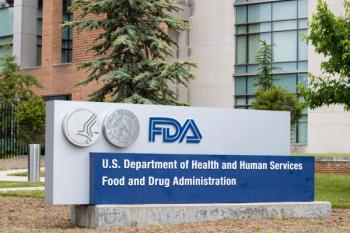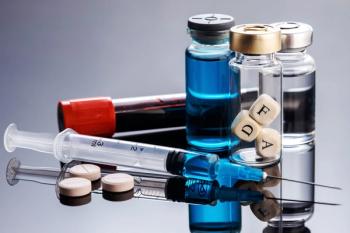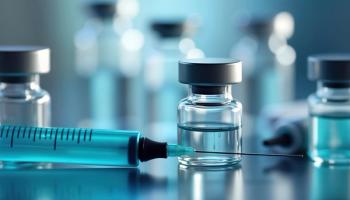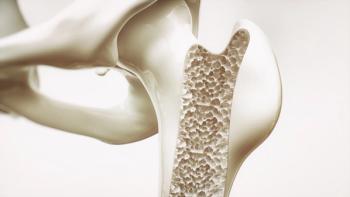
FDA Issues Biosimilar Naming Guidance
The FDA issued a lengthy statement on biosimilar naming conventions-but industry groups worry it could disincentivize biosimilar development.
Shakespeare once said that a rose by any other name would smell just as sweet-but a recent statement released by FDA Commissioner Scott Gottlieb, MD, outlining new guidance on how these products should be named, has many players in the biosimilar industry worried that a four-letter suffix added to biosimilar names will make the products seem less clinically effective than their originator biologic counterparts.
In a lengthy statement released on March 7,
“After the FDA issued its 2017 guidance on biologics naming, we heard the concerns from stakeholders that one aspect of the policy-changing the names of older biologics to add suffixes-would impose substantial costs on the healthcare system and had the potential to create confusion that could increase risks to patients as drug names don’t often change after drugs go to market,” Gottlieb wrote.
He added that the addition of this suffix will help the FDA better monitor biosimilar drugs once they hit the market-and that the decision to change their guidance was in no way meant to suggest quality or efficacy differences between biologic and biosimilar products.
“In advancing consistency in the convention for naming all newly licensed biologicals-be it originator, biosimilar or interchangeable products-we aim to mitigate the risk of false perceptions from health care providers and patients that there’s a difference in the relative safety and effectiveness of these biological products based on their name,” he stated.
Related:
But not everyone is convinced the new policy is a sound one. The
“The decision abandons the retrospective addition of a suffix to origination biologics, leading to an unsubstantiated notion that strict pharmacovigilance is only essential for biosimilars,” they argue. “This decision will disincentivize biosimilar uptake at a time when the government should be implementing policies that incentivize the use of biosimilars, as they are one solution to help attack rising healthcare costs.”
Julie Rubin, PharmD, BCPS, director of clinical services for
“Right now, with naming, there’s no standard and it’s hard to differentiate between agents,” she says. She stated adding a suffix to the root of the originator biologic drug can help payers and providers identify the appropriate biosimilars-making them more likely to be added to payer formularies.
All parties, regardless of their stance on biosimilar naming conventions, agree that biosimilars are uniquely poised to promote drug competition, increase access to treatments, and lower skyrocketing healthcare costs. Similarly, they are all committed to promoting pharmacovigilance and patient safety, for all biological products. But, that said, the debate on appropriate nomenclature is likely to continue. While the FDA stated their updated guidance statement sets “a clear path” for naming, it remains a work in progress. The agency hopes that, with the publication of the statement, they will receive additional input regarding any concerns before issuing a final Nonproprietary Naming of Biological Products guidance document before the end of the year.
Kayt Sukel is a science and health writer based outside Houston.
Newsletter
Get the latest industry news, event updates, and more from Managed healthcare Executive.























